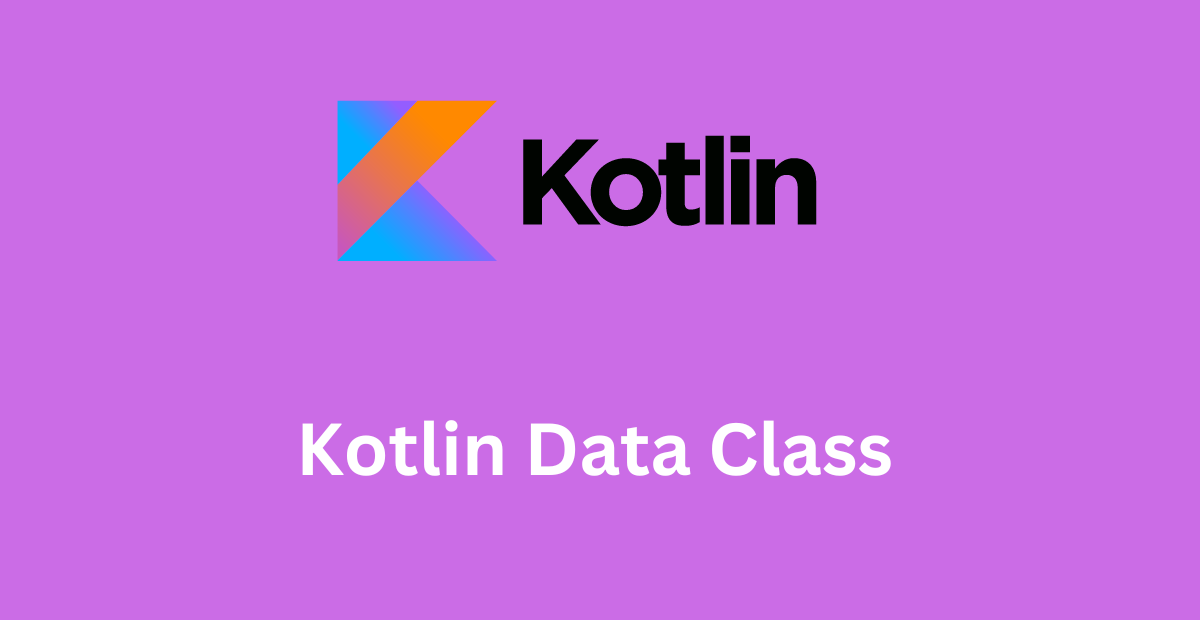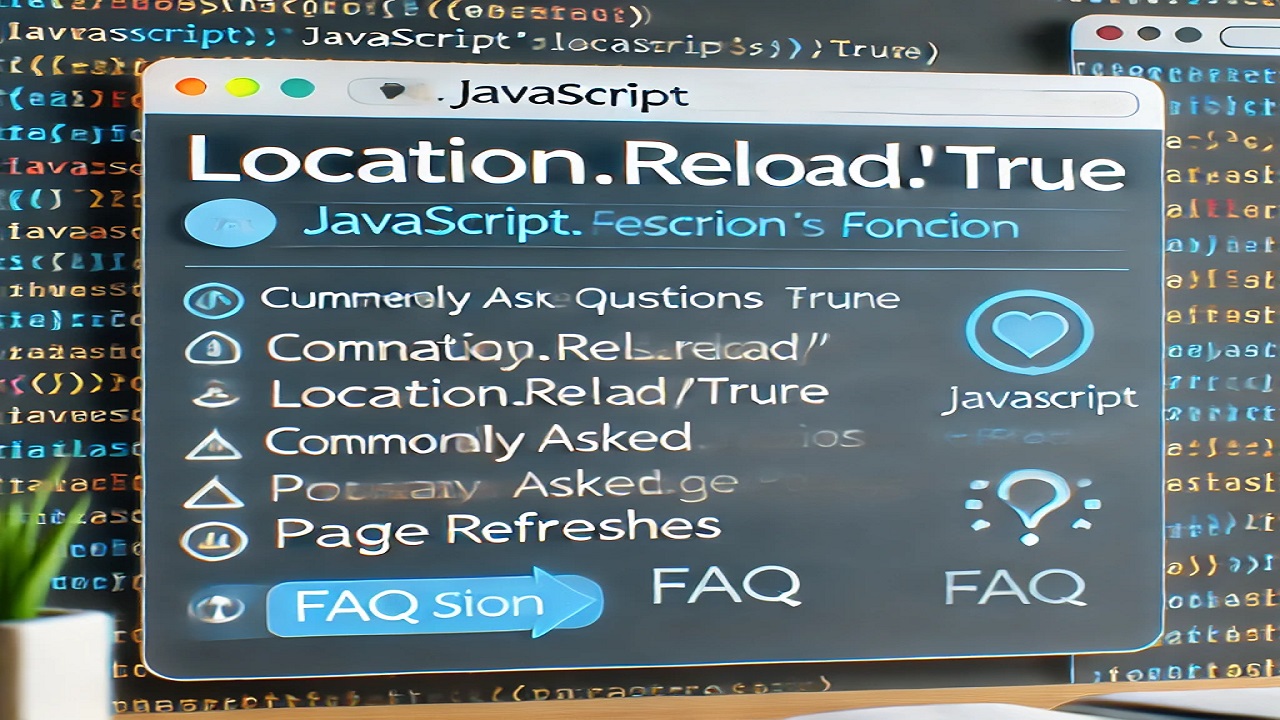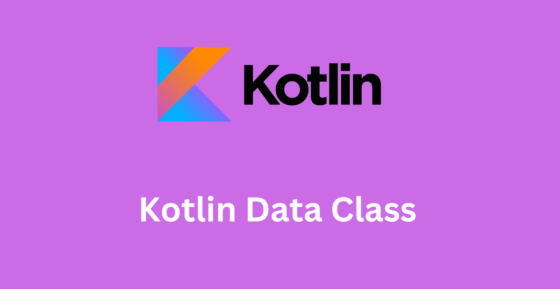Kotlin Data Class, Kotlin a powerful programming language, is gaining immense popularity among developers, thanks to its concise syntax, interoperability, and null-safety features.
One of the most loved features of Kotlin is its data class, which is a class that is specifically designed to hold data. In this article, we will explore the power of data class and how it can make data management in your applications more efficient.

Python Loop Through Dictionary Like a Pro.
What is Kotlin Data Class
A Kotlin data class is a class that is specifically designed to hold data. It is a concise way of declaring a class that only contains properties and automatically generates the corresponding boilerplate code for you. It is defined using the “data” keyword, and you can declare properties inside the parenthesis.
For example, let’s consider a simple data class that represents a user:
data class User(val name: String, val age: Int)
With just one line of code, we have defined a class with two properties – “name” and “age.” The “data” keyword automatically generates the following functions for us:
equals() / hashCode() pair
toString() method
componentN() functions
copy() function
Why Use Kotlin Data Class?
There are several advantages of using data class:
- Concise and Readable Code: data class eliminates the need for writing repetitive code that is required for holding data. It improves the readability and maintainability of the code.
- Immutable by Default: data class is immutable by default. Once you create an instance of a data class, you cannot modify its properties. This feature ensures that the data remains consistent and avoids unexpected changes.
- Automatic Generation of Code: data class automatically generates the commonly used methods like equals(), hashCode(), toString(), and copy(). This makes it easier for developers to focus on business logic rather than writing boilerplate code.
- Improved Interoperability: data class can be used with Java code seamlessly, making it easier to integrate with existing Java codebases.
Example Usage of Kotlin Data Class.
Let’s see how Kotlin data class can be used in a practical scenario. Suppose we want to create a simple application that stores the details of a book.
data class Book(val title: String, val author: String, val isbn: String, val price: Double)
We have defined a data class with four properties – “title,” “author,” “isbn,” and “price.” Now, let’s create an instance of this class and print its details:
val book = Book("The Alchemist", "Paulo Coelho", "978-0062315007", 12.99)
println(book)
The outcome of the aforementioned code is:
Book(title=The Alchemist, author=Paulo Coelho, isbn=978-0062315007, price=12.99)
As you can see, Kotlin data class automatically generates the toString() method, which makes it easier to print the details of the book object.
Conclusion
Kotlin data class is a powerful feature that makes data management in your applications more efficient. It eliminates the need for writing repetitive code and generates commonly used methods automatically.
Its immutable nature ensures that the data remains consistent, and its interoperability with Java makes it easier to integrate with existing codebases. By using Kotlin data class, you can write concise and readable code that is easier to maintain.
FAQ?
What is the difference between a regular class and a data class in Kotlin?
A regular class can hold both data and behavior, whereas a data class is specifically designed to hold data. Data class automatically generates common boilerplate code like equals(), hashCode(), toString(), and copy() functions, which saves time and makes the code more concise and readable.
Can we modify the properties of a Kotlin data class instance after it is created?
No, Kotlin data class is immutable by default. Once an instance of a data class is created, its properties cannot be modified. This feature ensures that the data remains consistent and avoids unexpected changes.
Can we use inheritance with Kotlin data class?
Yes, you can use inheritance with Kotlin data class. However, the generated functions will only use the properties defined in the primary constructor of the data class.
Can we use the data keyword with interfaces or abstract classes?
No, the data keyword can only be used with classes. However, you can create a data class that implements an interface or extends an abstract class.
Read More.
- The Ultimate Guide to the Top 10 Java Frameworks for 2024.

- A Comprehensive Guide to Using javascript:location.reload(true) in Web Development

- PHP explode Multiple Separators: A Comprehensive Guide.

- Copy Constructor in Java: A Complete Guide

- 50 Ultimate PHP Project Topics to Elevate Your Development Skills.


